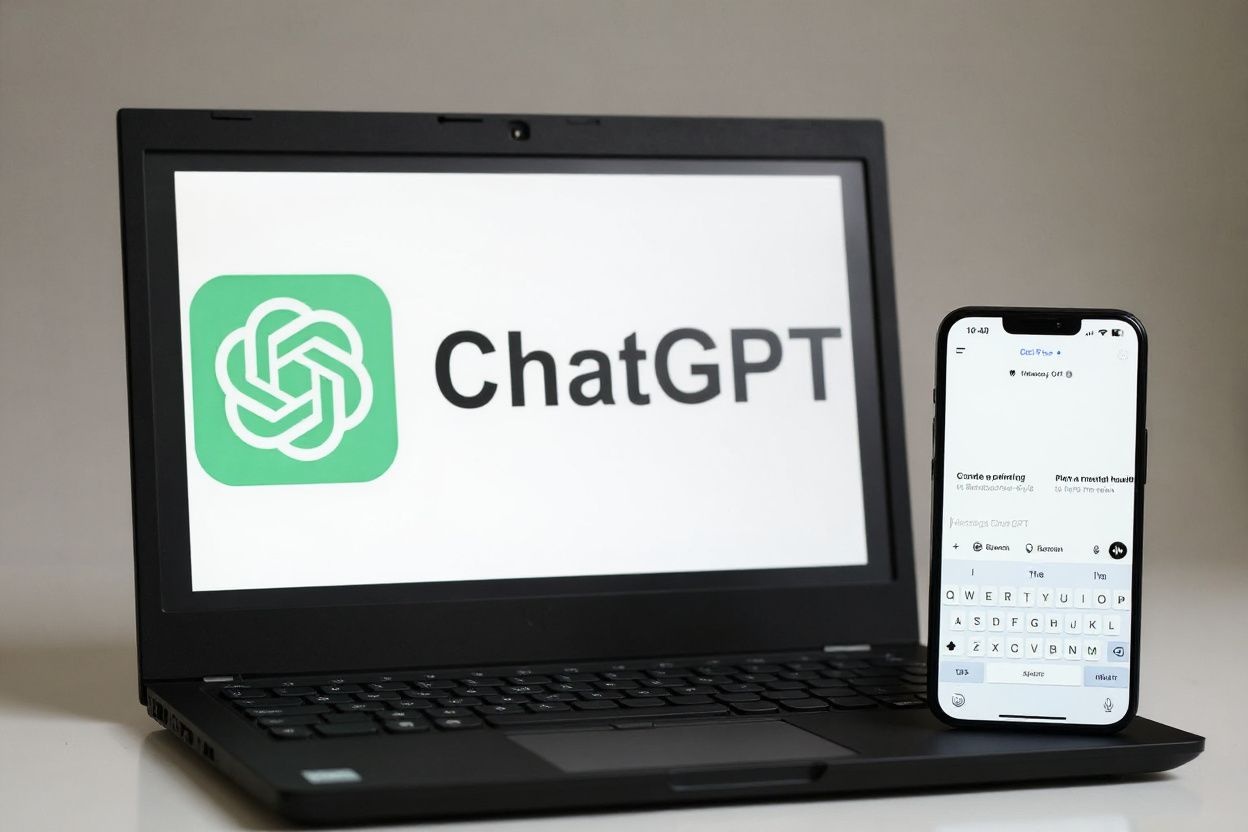
A new publication by a group of MIT researchers claims that if you use AI to write, you could be doing damage to your brain.
The report, titled “Your Brain on ChatGPT: Accumulation of Cognitive Debt when Using an AI Assistant for Essay Writing Task,” focused on how AI tools affect brain activity, essay quality, and learning behaviour, compared to traditional search engines or pure, unaided writing.
MIT scientists gathered 54 college students from five universities around Boston to write a series of three essays using either ChatGPT, a search engine, or only their brains. They then measured cognitive engagement by examining brain electrical activity and through linguistic analysis of the essays.
After the essays were completed, the scientists found that the cognitive engagement of those who used AI was significantly lower than that of the other two groups. The group also had a harder time recalling vital points and quotes from their essays, and their writing showed less variation, with a tendency to use specific phrasing.
Upon examining the essays written by the group that relied on AI, each showed a similar pattern: a narrow set of ideas, shallow engagement, and a lack of critical thinking.
Meanwhile, the brain-only group showed the strongest and most widespread neural activity – they exhibited intense internal processing, focused attention, and heavy use of working memory.
In short, writing without using AI tools and search engines activates more areas of the brain simultaneously.
Writing with AI tools leads to what they call “cognitive debt.”
 If you find yourself feeling more forgetful lately, it could be because you use AI to write too much.
If you find yourself feeling more forgetful lately, it could be because you use AI to write too much.
What is cognitive debt?
The term “cognitive debt” has gained recent traction with the rapid advancement of AI. It’s described as forgoing the thinking process in order to just gain the answer, but have no real idea of why the answers are what they are.
In short, we are incurring a debt by not doing the thinking in the present that we will need to demonstrate in the future.
For example, imagine you’re asked to look up five cafes around your hotel when you’re on a holiday. Instead of looking up what each cafe offers, their customer reviews, and distance, you simply pull up ChatGPT or use Google’s AI Overview, then take the answer at face value.
You don’t recall, think critically, or attempt to build lasting knowledge. And that’s what the entire AI vs human debate is about.
It’s more common than you think. Today, its’ not just students using AI to write assignments or complete projects.
Everyone, from our aunties and uncles to tweenagers prefer asking ChatGPT even the simplest of questions.
As many as 2.5 billion prompts are reportedly made every day in ChatGPT.
They’d rather use ChatGPT than to follow their natural curiosity to explore more about a topic they’re interested in.
And even if they did, chances are that some of the content they come across on Google and other search engines is AI-generated, creating an echo chamber of shallow content.
This quiet erosion of the mind is what leads to cognitive debt.
When we use AI to write, we don’t explore, read, and attempt to understand the learning process.
And so we come away with little or nothing – there is no growth.
 When you use AI to write, you’re working faster, but not smarter.
When you use AI to write, you’re working faster, but not smarter.
What happens to our brain when we use AI to write then stop?
But perhaps the most interesting part of the AI vs human experiment was when the groups were swapped around for an optional fourth session.
Eighteen students switched conditions – those who had used ChatGPT now wrote without it (AI-to-brain), while brain-only students tried writing with ChatGPT for the first time (brain-to-AI), both on topics they had already seen.
As expected, those who switched from using ChatGPT to unaided writing showed weaker neural connectivity and lower engagement of neural networks as compared to the brain-only group.
Having previously relied on AI, these students’ abilities to fully activate their cognitive networks were diminished; they also had difficulty recalling their work as compared to other groups.
In contrast, students who transitioned from brain-only writing to using ChatGPT exhibited a spike in connectivity across all frequency bands, indicating that integrating AI output with their own ideas required additional mental effort.
One lesson from this when you use AI to write, it makes the writing easier in the short term, but weakens independent thought, reduces creativity, and even increases vulnerability to bias and manipulation.
Conversely, using our brains more seems to expand what it could do.










